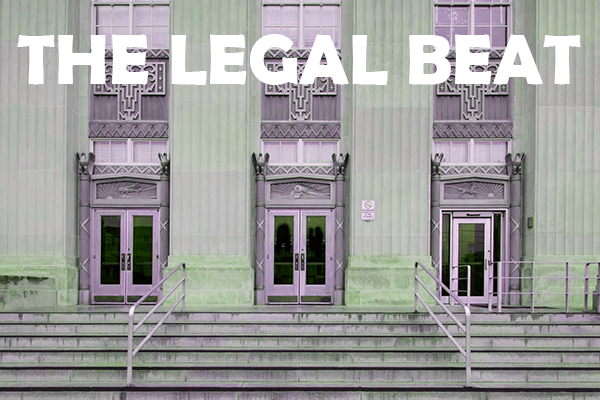|
RCBJ-Audible (Listen For Free)
|
New York’s Highest Court Says School Districts Not Required To Provide Transportation to Private and Parochial Schools On Days Public Schools Are Closed
In a case originating from Orange County, parents with children in nonpublic schools sought to require the Washingtonville Central School District to transport their children to private schools on days when the public schools were closed.
The school district refused, relying on its written policy that said, “[t]he District is not required to provide transportation to nonpublic schools on days on which the District schools are not in session.”
The United Jewish Community of Blooming Grove, Inc., Joel Stern, and Yitzchok Ekstein filed suit in Orange County Supreme Court. The court ruled against the school district, based on New York’s Education Law which requires school districts to provide “sufficient transportation facilities” for all the children residing within the school district to and from the school they legally attend.
“Sufficient transportation facilities” is not defined anywhere, and the Orange County Court found the language sufficient to require transportation to private schools on days the public schools were closed.
The School District appealed, and the appellate court reversed the lower court, looking to the legislative history behind the statute, and determined that the legislature never intended to impose that requirement on school districts outside New York City.
The Court of Appeals accepted the case, and agreed with the appellate court, and held that New York law does not require school districts to provide transportation private school students with bus transportation on days when the public schools are closed.
In reaching its conclusion, the Court of Appeals reviewed a long history of New York’s efforts to limit public money being channeled into private schools and the exceptions carved out over many years.
New York’s Constitution originally prohibited the use of public money for schools under the control or direction of any religious denomination, or in which any denominational tenet or doctrine is taught. Changes to the constitution were examined as well as numerous failed legislative efforts to impose additional transportation requirements on school districts. A study of this history led the Court of Appeals to determine that “sufficient transportation facilities” did not require school districts to provide transportation to private schools on days the public schools were closed. There was no clear legislative intent to require transportation on days schools were closed. Imposing that requirement on school districts would significantly increase the financial and administrative burdens on the school districts, and that such a requirement could only be imposed on school districts by the state legislature.
The Court of Appeals is New York’s highest court.
Second Circuit Court Of Appeals Finds No Foul In Stony Point Policy Of Not Broadcasting Or Archiving Public Comments
Stony Point resident George Potanovic lost his appeal in the Second Circuit Court of Appeals, which affirmed the dismissal of his case by the federal district court. Potanovic sued the Town of Stony Point claiming his rights were violated when the Town of Stony Point excluded the public comment portion of its town board meetings from its live broadcasts and archives on Facebook.
Potanovic claimed the policy of not broadcasting public comments censored his speech by reducing the size of the audience who might hear his comments and limited his right to access public comments as an at-home viewer. He also charged that the town’s policies impermissibly created two classes of viewers that had access to the comments – in-person attendees and at-home viewers – each receiving different quantities of information.
The district court dismissed his complaint, essentially saying Potanovic had no First Amendment right to have his public comments broadcast or recorded by the town, and that if two classes of viewers were created, the town had a rational basis for its actions.
The Court looked at the nature of the public comment period provided by the Town, and held that the town had the right to restrict the “form or manner of speech offered by members of the public so long as the restrictions are reasonable and viewpoint neutral.”
Potanovic said he was being censored because the town “inhibited his access to certain members of the audience.” The Court rejected that argument, saying the town had no obligation to broadcast Potanovic’s message to a larger audience, and that he was free to present his views in the forum provided by the Town.
Regarding his claims about separating the at-home viewer from the in-person participant, the Court was satisfied that a rational basis existed for its decision, and that it was conceivable that the town was trying to foster in-person debate, that it sought to protect the privacy of in-person attendees, or that the Town wanted to avoid the broadcasting of offensive content.














